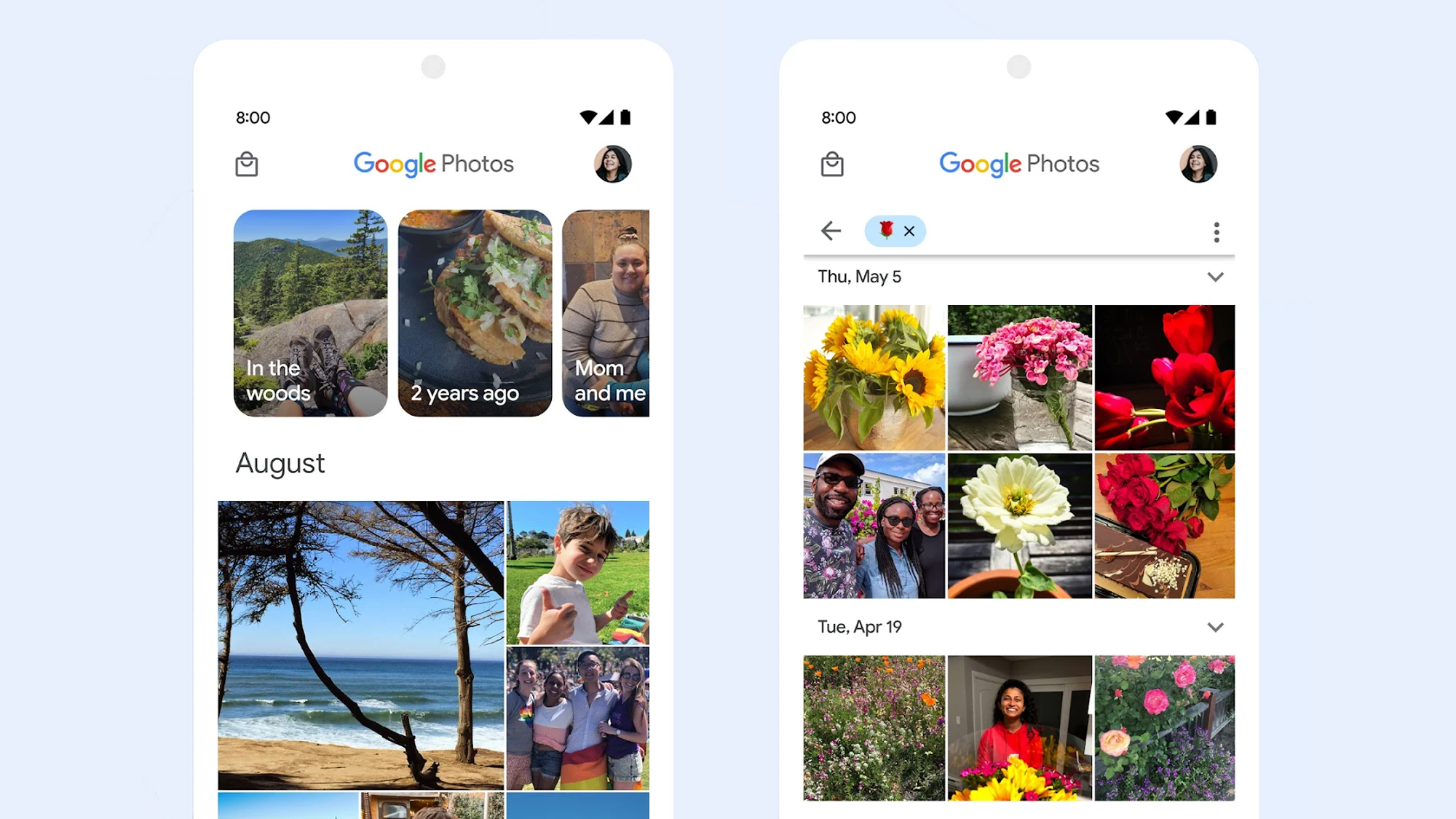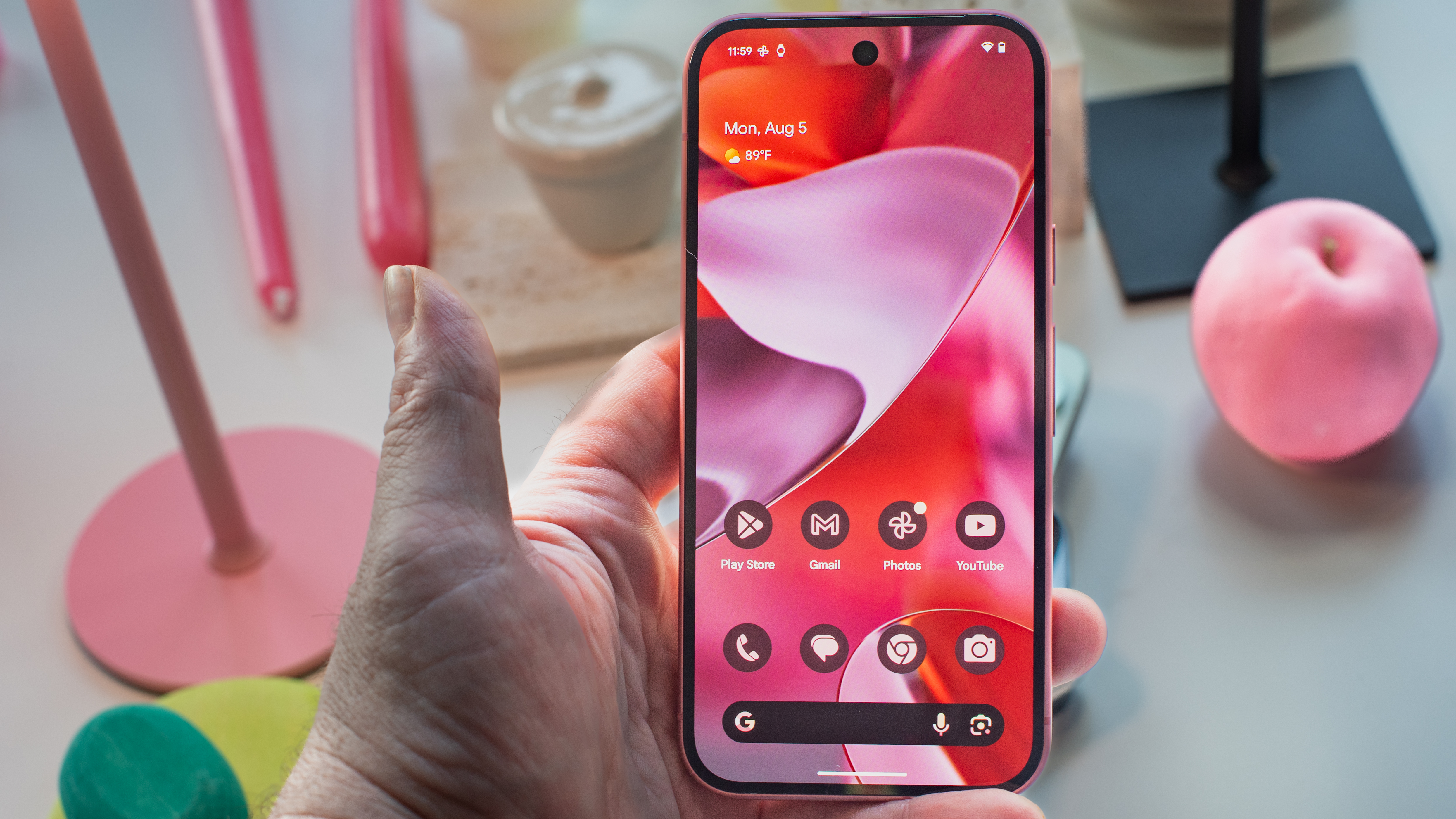Good news, mobile photographers: your HDR photos will now look right on both Android and iOS
Slightly less confusing than before

- Android 15 and iOS 18 both display images in full HDR
- Both operating systems have adopted the ISO 21496-1 standard
- Support is still dependent on specific apps
To see all the benefits of HDR (High Dynamic Range) in photos, you need the right software and hardware tech to display the images – and when it comes to software, the latest versions of Android and iOS are now on the same page, so HDR snaps will now look consistent across both mobile platforms.
As explained in detail by Mishaal Rahman at Android Authority, this is due to the adoption of the ISO 21496-1 standard in Android 15 and iOS 18. In simple terms, it just means an agreed upon way of interpreting and displaying HDR information in a picture.
Apple announced at WWDC 2024 back in June that support for ISO 21496-1 was coming to its software platforms, and reports from users suggest that support is now being enabled. On the Android side, ISO 21496-1 is part of the Android 15 roll out – the software is now available for Pixel phones.
Further testing from Android Authority and display analyst Dylan Raga has confirmed that HDR photos are appearing as intended across both Android 15 and iOS 18, whether they were taken on an iPhone or an Android device.
Apps, standards, and displays

The key difference HDR makes is extending the range of luminance levels in a picture – practically, that means being able to see details in the darkest and lightest parts of a photo, rather than having them washed out or too dark to see.
While brightness is the main focus, colors often improve too: HDR images typically look more vibrant and rich than their SDR (Standard Dynamic Range) equivalents. On devices without the necessary HDR support, HDR images are shown in their SDR form.
And to truly see an HDR photo properly on a device – once it's been correctly captured in HDR form – you need HDR support baked into the device's operating system, the app you're using to view the photo, and the device's display. To make matters even more complicated, there are multiple HDR standards out there.
Get daily insight, inspiration and deals in your inbox
Sign up for breaking news, reviews, opinion, top tech deals, and more.
Apple and Google have now made the situation slightly less confusing, though app support is still required. Right now, Google Photos (on Android and iOS) and Apple Messages and Apple Photos (on iOS) should all display HDR pictures correctly.
You might also like

Dave is a freelance tech journalist who has been writing about gadgets, apps and the web for more than two decades. Based out of Stockport, England, on TechRadar you'll find him covering news, features and reviews, particularly for phones, tablets and wearables. Working to ensure our breaking news coverage is the best in the business over weekends, David also has bylines at Gizmodo, T3, PopSci and a few other places besides, as well as being many years editing the likes of PC Explorer and The Hardware Handbook.